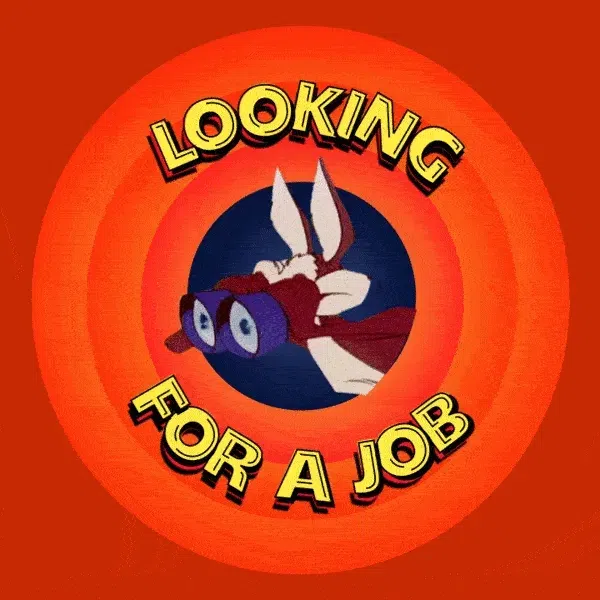1,174 reads
What Is The Great Re-Evaluation?
by
August 10th, 2022
Audio Presented by

Host of The Success Story Podcast. I write a newsletter to 321,000 people. newsletter.scottdclary.com
About Author
Host of The Success Story Podcast. I write a newsletter to 321,000 people. newsletter.scottdclary.com
